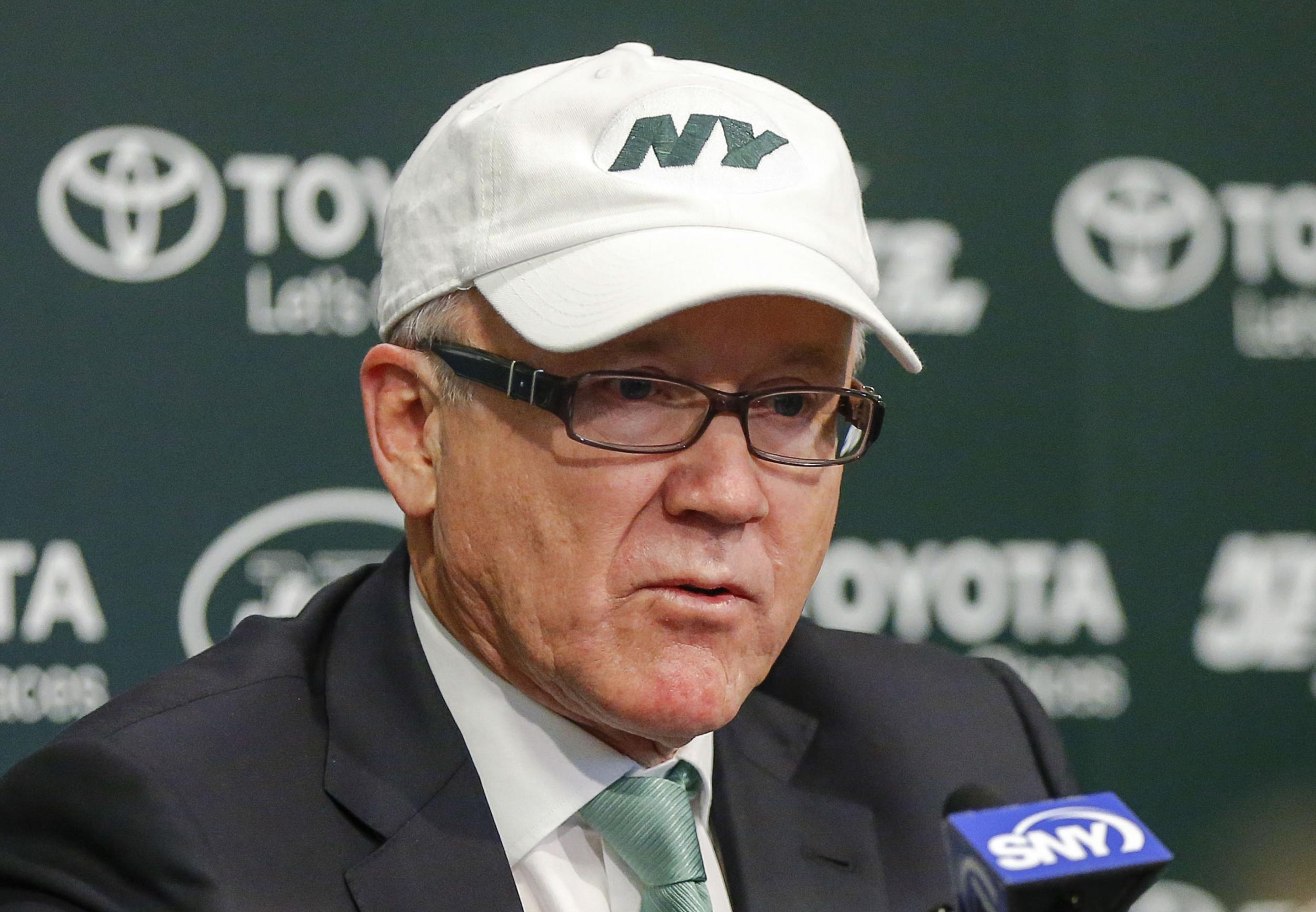Trump’s new UK ambassador wrongly accuses Britain of spending ‘minimum’ on its military
Billionaire Woody Johnson inflates US' spending while suggesting UK's status as a 'powerful nation' is at stake

Donald Trump’s new ambassador to Britain has incorrectly accused the Government of spending the “minimum” on defence.
Woody Johnson, a 70-year-old billionaire, suggested the UK’s funding was not enough to maintain its global standing.
“Whether you have the capability you need to be a powerful nation going forward, I think you are going to have to determine,” he told the Telegraph.
“You are spending the minimum [2 per cent of GDP] and you will have to decide whether it is enough.
"We spend at least twice that much and we could still spend more. And we probably should spend more as well."
In 2016 the US spent 3.6 per cent of its GDP on defence, the highest ratio of any Nato member - but less than double the UK's figure.
The Ministry of Defence said it was already spending more than the minimum amount set by Nato, with 2.2 per cent of GDP spent on defence last year.

“Our £36bn budget is rising each year and, by spending over 2 per cent of GDP on defence, we are leading by example in Nato,” a spokesperson said.
“As Ambassador Johnson has suggested, we work tirelessly to ensure our growing budget maintains our world-leading role and focuses on frontline priorities to help keep us safe.”
Mr Johnson is a friend of Mr Trump and prominent fundraiser for the Republican party.
An heir to the Johnson & Johnson pharmaceutical dynasty’s fortune and owner of the New York Jets American football team, he has no government experience.
Mr Trump has repeatedly complained that some Nato members do not meet the 2 per cent mark and the US pays more than its fair share, sparking concerns he would withdraw support for the alliance.
After berating members of the 29-member alliance earlier this year, he later confirmed that American forces would “stand firmly behind” a clause committing members to mutual defence.
There have also been calls from former senior defence officials to increase spending in light of the increased threats from terrorism, hostile states and the UK’s involvement in conflicts including Syria and Iraq.
Lord Dannatt, who served as chief of the general staff from 2006 to 2009, has argued that the Government should increase defence spending to 2.5 per cent of GDP.
Now a crossbench peer, he warned that high-profile shipbuilding programmes must not come at the expense of other parts of the UK’s armed forces.
The Royal Navy launched its largest ever warship, the aircraft carrier HMS Queen Elizabeth, in July and the Ministry of Defence (MoD) is building another, HMS Prince of Wales.
But there has been criticism about overspending and delays to the programme, which saw the HMS Queen Elizabeth arrive in Portsmouth carrying no aircraft last month.
Michael Fallon, the Defence Secretary, has also announced plans to build five new Type 31e frigates as part of a new national shipbuilding strategy.
Update:
A US Embassy spokesperson said: "The US-UK defence relationship is as strong as ever.
"The UK is one of only a handful of Nato member countries that is meeting Nato’s 2 per cent spending pledge and it is helping us to encourage other members to meet their commitments.
"We welcomed the UK decision last year to increase defence spending and that the British Government has now committed to increasing spending over inflation every year for the next five years.
"We are committed to working with the UK Armed Forces to help ensure they remain a full-spectrum defence and security partner, maintain interoperability with US forces, and continue to lead in the full range of Nato missions."
Additional reporting by PA
Join our commenting forum
Join thought-provoking conversations, follow other Independent readers and see their replies
Comments
Bookmark popover
Removed from bookmarks